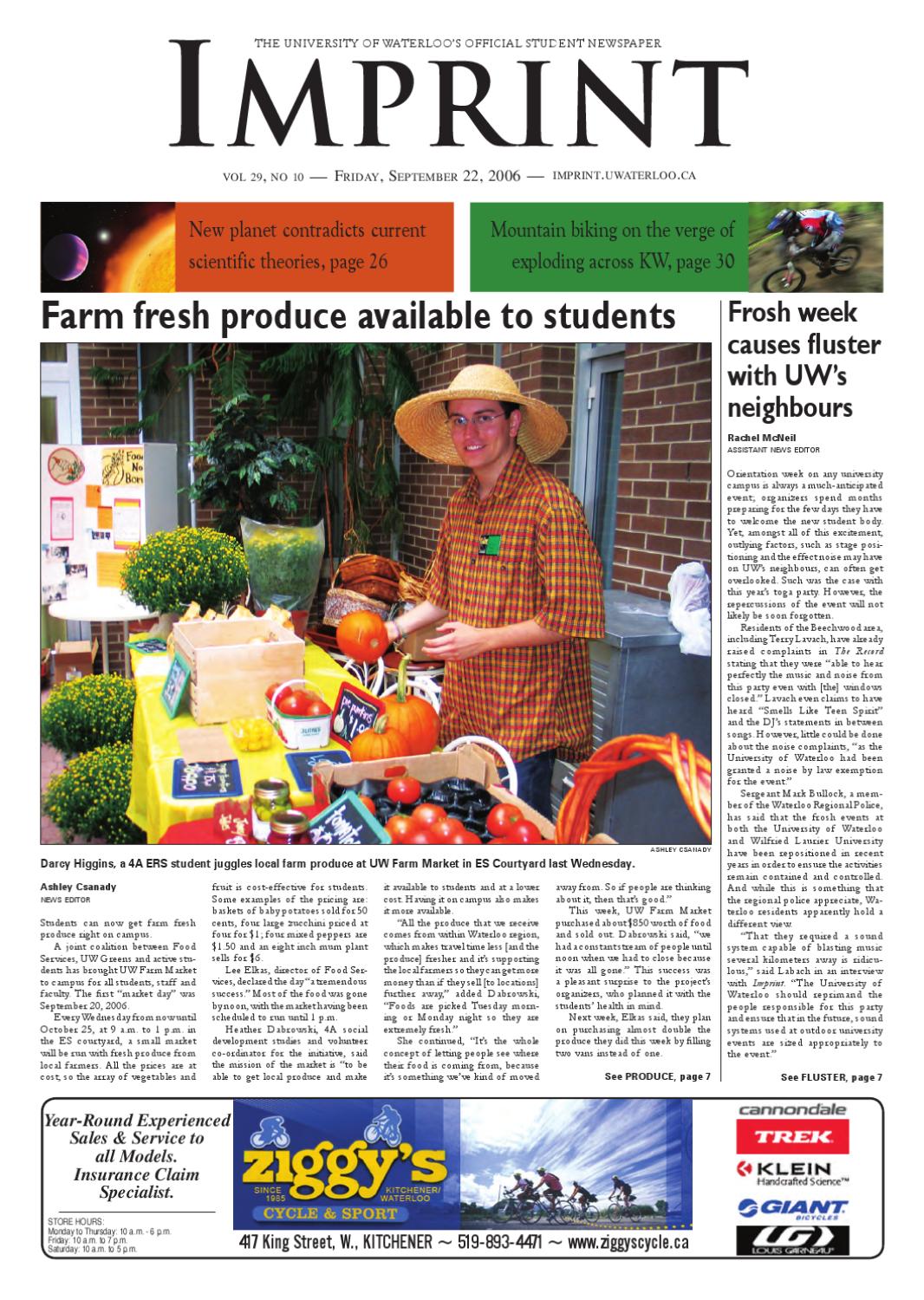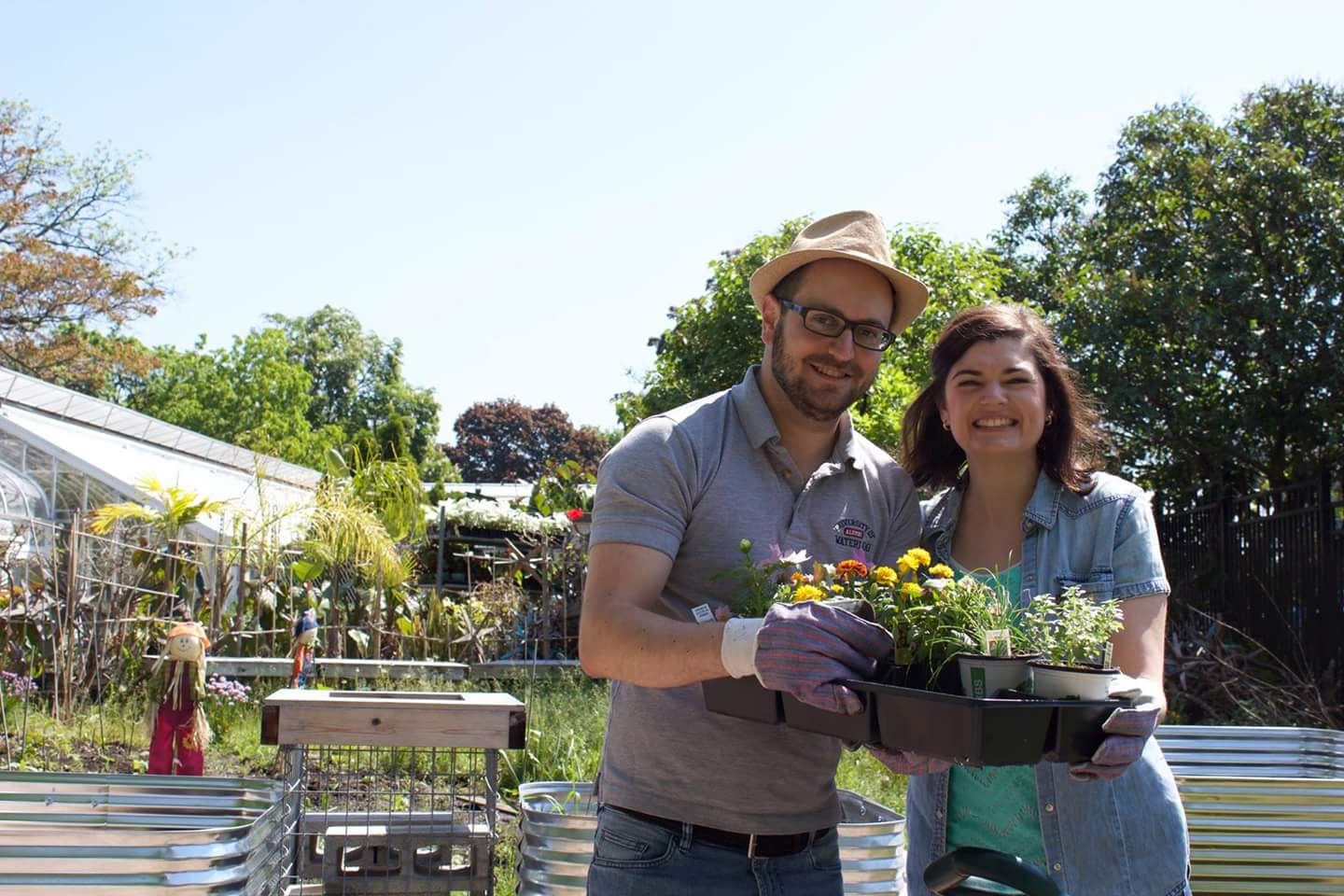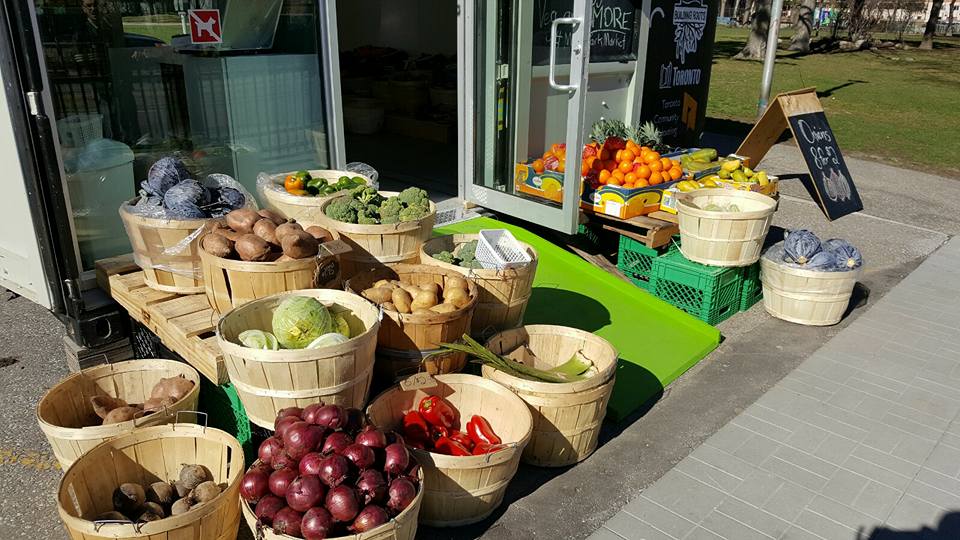Back when Canada’s Confederation had reached 100, and the University of Waterloo was just 10, a student government on campus formed which later became the Federation of Students or FEDS. I had the pleasure of attending its 50th anniversary a couple months ago, re-connecting with the campus where I’d learned so much. At the 40th Anniversary of FEDS, I had just been elected its VP Internal, allowing me to put my four years being involved in campus to good use.
Being back at my Waterloo home recently allowed me to see some great people I’d worked with, and reflect on the changes we had made. Ten years ago (time flies!) we students were working with staff and faculty to push for and create positive changes on campus. We wanted to see a sustainability office, a greater focus on equity and on mental health.
I’m still learning how positive change happens these days.
Institutional change-making was the topic of my honours thesis in Environment and Resource Studies. My visit back allowed me to reflect on the time it can take, and the resistance you can face.
I recently learned about advancement on all these fronts. The University and Feds have created a number of new initiatives, making headway by creating new offices, objectives and programs in sustainability, equity and mental health.
There is more consideration now for understanding the needs of diverse groups of students. Institutions that excel need to stay progressive and move forward on all fronts, and it’s great to see a lot of this happening.
Within my program in the Faculty of Environment there was a belief in using the campus as a laboratory to allow students to experiment, innovate and learn environmental solutions. The practice was encouraged as part of the previous WatGreen program, and UWaterloo staff were asked to support student learning no matter their department.
I got to explore the idea of green roofs, long before they were common practice for new buildings. And then within FEDS, I was able to implement modest changes by working with staff who focused in human rights, counselling and Aboriginal issues.

The creation of the Market taught me the importance of partnerships, innovation and economics, while we addressed a need for students to access better healthy food (and recipes!) I took the lessons with me to Toronto as I created Food Forward, and more recently co-founded Building Roots with partner Lisa Kates.

Built from shipping containers, Lisa and I worked with partners to find land, funds, electricity and get past a number of hoops to create something that could last, and that the community could be proud of. We’re now working with Urban Fresh Foods to source healthy foods and offer specials like three apples or two eggplants for a dollar, offer personalized food boxes, a free cooking program, and even linking into another urban farm we started with the Black Farmers Collective down the street.
